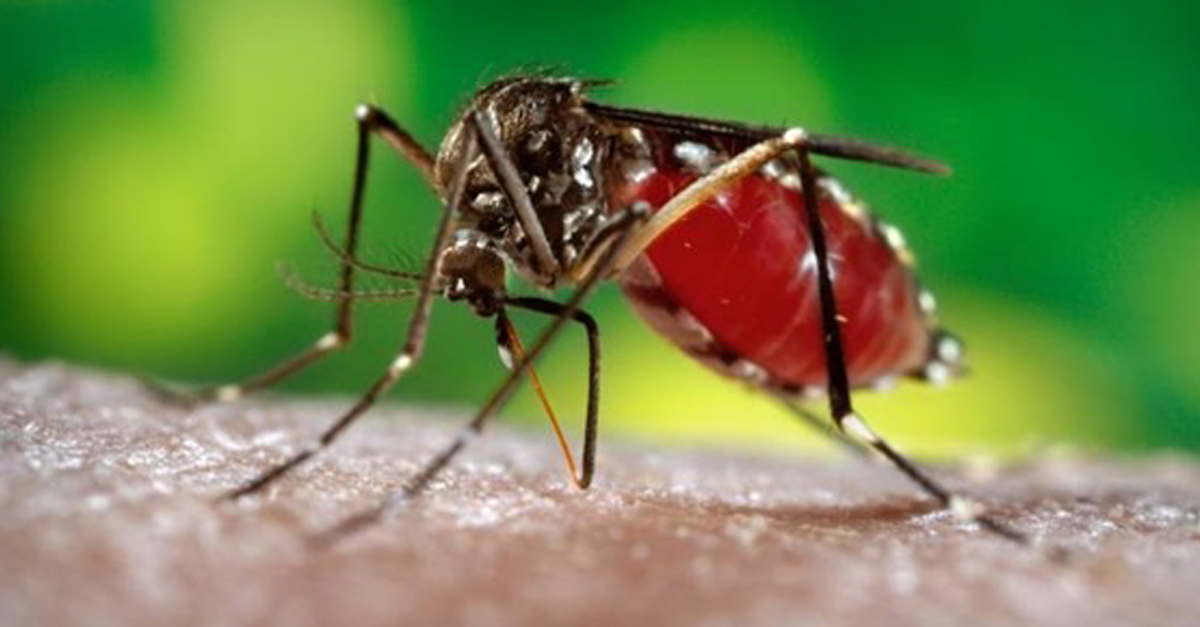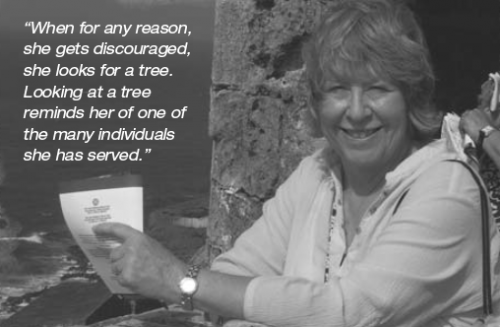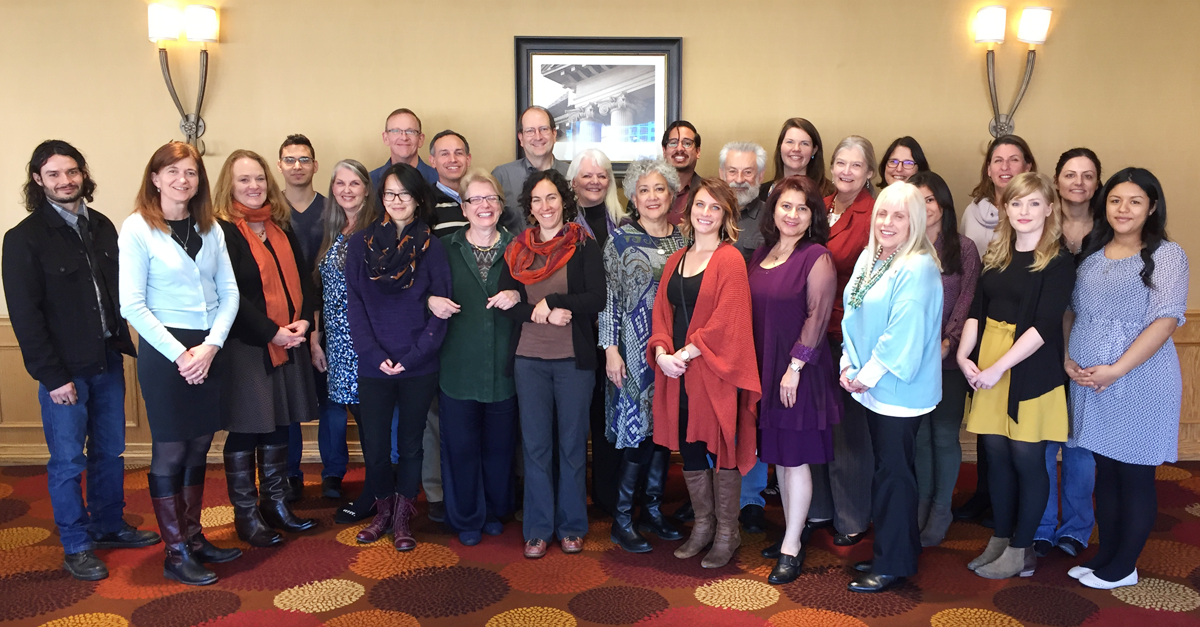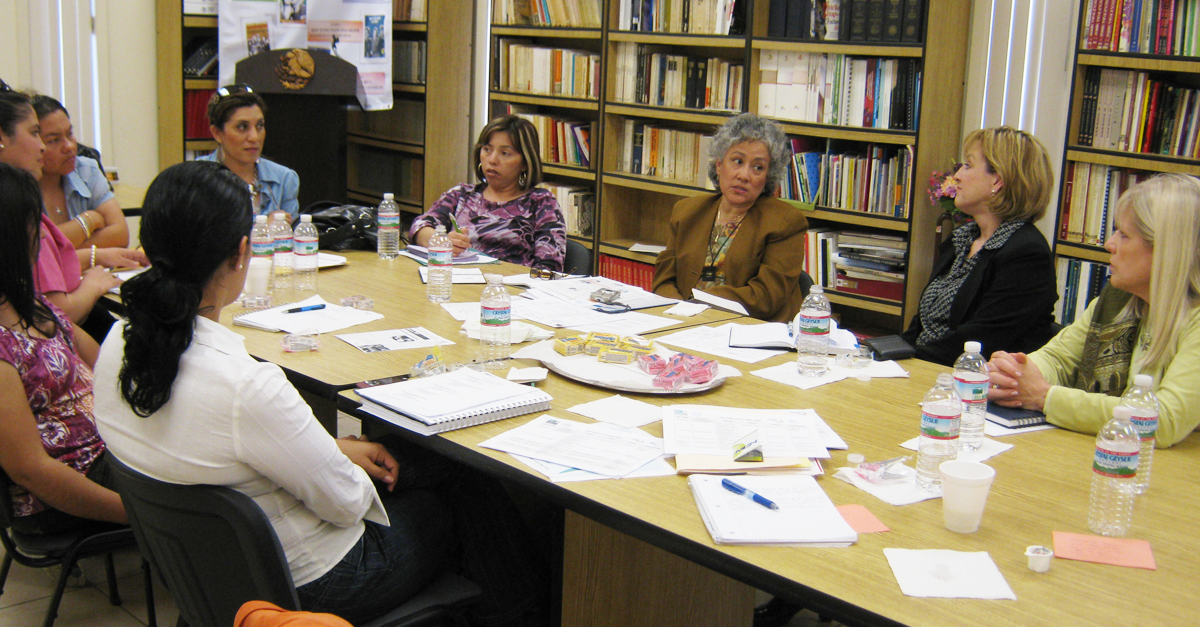- Who We Are
- Clinician Employment
- Publications
- Witness to Witness (W2W)
- El Premio Kugel & Zuroweste a la Justicia en la Salud
- Your Voice Matters: Photovoice Project
Five on Friday | February 5, 2016
Fri, 02/05/2016 | by Claire Hutkins Seda Hooray for Friday! Here’s something to bring with you into the weekend: this week’s news and notes, from MCN staff, on migrant health and beyond. Be sure to sign up for our blog to receive updates in your inbox.
Hooray for Friday! Here’s something to bring with you into the weekend: this week’s news and notes, from MCN staff, on migrant health and beyond. Be sure to sign up for our blog to receive updates in your inbox.
A clinician’s perspective on Zika, plus: “Zika virus: What do we know about it, and how can it be contained?” in English & Spanish
Wed, 02/03/2016 | by MCN Admin On Monday, Zika virus was declared a global emergency by the World Health Organization. The ongoing outbreak, which is expected to spread, reminds us of the importance of a thorough medical history, particularly for our mobile patients.
On Monday, Zika virus was declared a global emergency by the World Health Organization. The ongoing outbreak, which is expected to spread, reminds us of the importance of a thorough medical history, particularly for our mobile patients.
Five on Friday | January 29, 2016
Fri, 01/29/2016 | by Claire Hutkins Seda While in the MCN offices we celebrated the awarding of the Cares Award to Health Network and the publication of our op-ed on tuberculosis, we kept our finger to the pulse of health
While in the MCN offices we celebrated the awarding of the Cares Award to Health Network and the publication of our op-ed on tuberculosis, we kept our finger to the pulse of health
Remembering Carolyn Davis, FNP
Wed, 01/27/2016 | by MCN Admin
[Editor’s Note: This week, we mourned the passing of Carolyn Davis, FNP, a longtime friend of Migrant Clinicians Network, a dedicated clinician at Beaufort Jasper Hampton Comprehensive Health Services, and the 2010 recipient of Steve Shore Community Catalyst Award. Karen Mountain, MBA, MSN, RN, Migrant Clinician Network’s CEO, remembers Carolyn’s optimism and “can-do” attitude. “She always seemed to have something good to say about almost every challenge we discussed,” Mountain recalled. “She loved her work and her life and she felt honored to serve farmworkers.”
“It was an honor to have known such a loveable and kind person and I will truly miss her,” said Galdys Cate, from the Office of National Assistance and Special Populations, Health Resources and Services Administration. “Her contributions as the Chair of the National Advisory Council on Migrant Health were outstanding. She was always ready to help the farmworker patients. Carolyn Davis will always be in our memories.”
The following profile of Ms. Davis was first published in Streamline, MCN’s clinical publication, in the November/December 2010 issue. The piece was written by Jillian Hopewell, MPA, MA, Director of Education and Professional Development at MCN.]
I first met Carolyn in 1997, when a group of us at MCN embarked on an epic journey in a rented RV from Austin, Texas to Ashville, North Carolina for another East Coast Migrant Stream Forum. I was five months pregnant with my first child, my husband was the volunteer driver, and along with three other women from the staff we set off for a two-week tour of health centers in seven southeastern states.
Our adventures were nearly halted in Eutaw, Alabama, when we realized that the shoestring operation we’d used to rent the RV didn’t actually have insurance that covered us. But our intrepid leader, Karen Mountain, figured out some way around that hurdle from her post in Austin and we continued eastward.
Every stop along the way was unique and we were awed by the creativity and dedication we witnessed at each subsequent health center. On day six we rolled into Beaufort, South Carolina, a bit road weary and overwhelmed by all we had seen. We parked our monstrous RV in the parking lot of Beaufort Jasper Hampton Comprehensive Health Services, Inc. and were met in the waiting room by the Migrant Health Coordinator, Carolyn Davis, the most gracious and enthusiastic person we had yet encountered in a trip full of wonderful people. Carolyn took one look at us and declared us in dire need of the best local fare. We followed her out through the beautiful flat coastal lowlands to a hole-in-thewall on the dock called The Shrimp Shack. The “Shack” specializes in shrimp burgers made from the fresh catch hauled onto the dock daily. Unfortunately they will not reveal their recipe, but to this day that is one of the best meals I have ever had.
Beaufort Jasper Hampton Comprehensive Health Services, Inc. is located in the midst of the “low country” of South Carolina. This is a beautiful part of the United States; a land of spreading moss-covered oak trees, palmettos and thousands of acres of stately southern pine. The marshy coastal region is made up of many small islands, including exclusive resort islands such as Hilton Head. From her home on a nearby island, Carolyn can hear the guns from the Marine training grounds on the neighboring Parris Island.
This region is also known for its agriculture, particularly for tomatoes and watermelon in the summer with winter vegetable crops such as winter squash, collard greens and sweet potatoes. Unlike some other regions of the country, the crops in this area of South Carolina are still largely worked by migrant farmworkers, many of whom travel up from Florida, others of whom come from Mexico, Central America, or Texas. Most of the migrants in this region are Hispanic families and young single people; however there is still a contingent of Haitian workers who primarily work in the packing sheds. Once the picking season is over in the Beaufort Jasper area, many of the same farmworkers travel further north to the Delmarva Peninsula where the season begins a couple of months later.
While agricultural employment has remained stable in this region, in recent years many migrants have also found work in the booming construction industry, particularly in the upscale resorts of the barrier islands. The increase in luxury housing on the barriers islands has moved more of the agricultural production inland. As Carolyn says, the islands now “grow more condos then veggies”.
Carolyn Davis did not start her career with the intention of working with migrant farmworkers. The daughter of a career Navy man, she moved regularly as a child, graduating from high school in Guantanamo Bay, Cuba. She received an associate degree in nursing from Florida Junior College, eventually graduating from the University of South Carolina with a BA and a Masters in Nursing. At that point she went to work for the local county hospital where she was the Director of Nursing.
MCN's Ed Zuroweste in Sacramento Bee: What if we give TB the same worldwide attention that we gave Ebola?
Wed, 01/27/2016 | by Claire Hutkins SedaToday, MCN’s Ed Zuroweste, MD published an opinion piece in the Sacramento Bee, calling on health authorities to give tuberculosis and its scary mutations, MDR- and XDR- TB, the same worldwide attention and funding that they gave Ebola. Here’s an excerpt:
Five on Friday | January 22, 2016
Fri, 01/22/2016 | by Claire Hutkins Seda This week’s Five on Friday is heavy on the bad news, shedding light on the incredible urgency of our work in health justice. While it can be challenging to read through the tough issues, it’s inspiring to reflect on the thousands of clinicians and health advocates who work with MCN who are dedicated to addressing these exact problems. Thank you for your work! Here are the top five suggested readings from our staff at MCN.
This week’s Five on Friday is heavy on the bad news, shedding light on the incredible urgency of our work in health justice. While it can be challenging to read through the tough issues, it’s inspiring to reflect on the thousands of clinicians and health advocates who work with MCN who are dedicated to addressing these exact problems. Thank you for your work! Here are the top five suggested readings from our staff at MCN.
What makes a strategic planning retreat successful? MCN shows you how!
Wed, 01/20/2016 | by Claire Hutkins Seda MCN’s Board of Directors joined the entire MCN staff for a high-energy, joyful, yet focused multi-day strategic planning retreat in Austin, Texas earlier this week.
MCN’s Board of Directors joined the entire MCN staff for a high-energy, joyful, yet focused multi-day strategic planning retreat in Austin, Texas earlier this week.
Five on Friday | January 15, 2016
Fri, 01/15/2016 | by Claire Hutkins Seda A tumultuous week in US migrant news, with the border surge crisis intensifying while officials increased deportation operations. Meanwhile, worldwide, a record-high 60 million people were forced migrants last year, compared to the 40 million after World War II, points out a Financial Times article. Here are some articles and resources on migration news and health this week.
A tumultuous week in US migrant news, with the border surge crisis intensifying while officials increased deportation operations. Meanwhile, worldwide, a record-high 60 million people were forced migrants last year, compared to the 40 million after World War II, points out a Financial Times article. Here are some articles and resources on migration news and health this week.
In the Field: Social Determinants of Health in Washington State
Tue, 01/12/2016 | by Claire Hutkins Seda Last week, Ileana Ponce-Gonzalez, MD, MPCH, CNC, Senior Advisor for Scientific and Strategic Planning at MCN, presented on the social determinants of diabetes in Washington State at the 2016 Washington State of Reform Health Policy Conference. Her presentation was part of “Lessons from Social Epidemiology in Health Care,” which she co-presented with Kristen West, Vice President of Programs at Empire Health Foundation and Robbi Kay Norman, Consultant at Uncommon Solutions.
Last week, Ileana Ponce-Gonzalez, MD, MPCH, CNC, Senior Advisor for Scientific and Strategic Planning at MCN, presented on the social determinants of diabetes in Washington State at the 2016 Washington State of Reform Health Policy Conference. Her presentation was part of “Lessons from Social Epidemiology in Health Care,” which she co-presented with Kristen West, Vice President of Programs at Empire Health Foundation and Robbi Kay Norman, Consultant at Uncommon Solutions.
Call for Agricultural Workers Who Serve on a Health Center Board: Join the National Advisory Council on Migrant Health
Mon, 01/11/2016 | by Claire Hutkins Seda The National Advisory Council on Migrant Health (NACMH) is a multi-stakeholder board that provides recommendations to the Health Resources and Services Administration (HRSA) on key issues affecting migrant health centers and other entities that receive Section 330 funding. The council is composed of migratory and seasonal agricultural workers who receive services at health centers, frontline clinicians who serve these workers, and migrant health center executives.
The National Advisory Council on Migrant Health (NACMH) is a multi-stakeholder board that provides recommendations to the Health Resources and Services Administration (HRSA) on key issues affecting migrant health centers and other entities that receive Section 330 funding. The council is composed of migratory and seasonal agricultural workers who receive services at health centers, frontline clinicians who serve these workers, and migrant health center executives.




